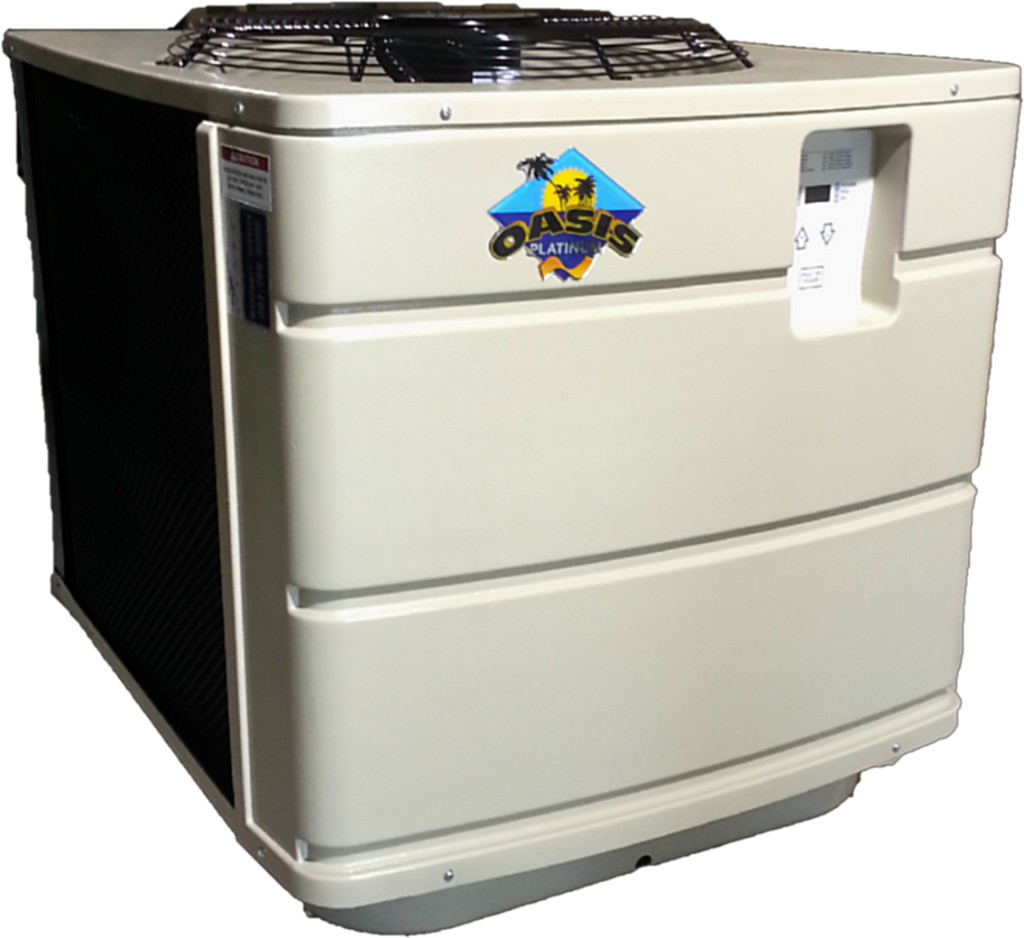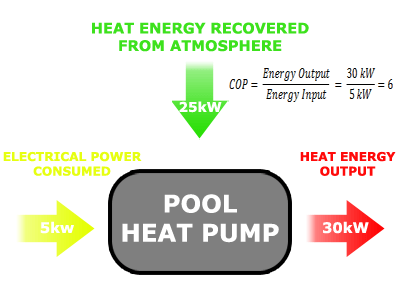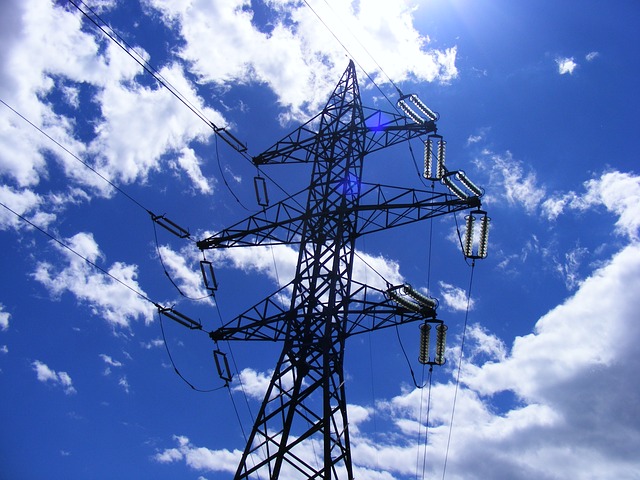“How in the world can a heater designed to run on electricity possibly save me money?”
In the pool heating industry, this question is all too common. It’s completely counter-intuitive to believe that any piece of machinery that requires electricity could end up saving you money. But just for a moment, let’s throw caution to the wind, and fully embrace a bit of science.
The science of Pool Heat Pumps
In the past, we’ve discussed how all the different types of pool heaters work – today we’re focusing on pool heat pumps. Indeed, a pool heat pump does use electricity to do its job but more importantly is how it uses that electricity. Unlike common heating methods like gas and electric resistance, pool heat pumps use electricity to transfer harvested heat.
But wait, where is this harvested heat coming from?
Glad you asked!
The inner workings of a pool heat pump
These eco-friendly pool heaters harvest heat straight from the source. Specifically speaking, pool heat pumps pull in air from the atmosphere and circulate it over a main evaporator coil in the unit. Within the coil is a liquid refrigerant, which when combined with the air, converts into a gas. From there that gas travels to a compressor, which heats up the gas and pumps it through a heat exchanger. The heated gas then travels through the exchanger, where pool water soon follows, heating up in the process. The now heated water is then pumped into the pool, and the process starts again.
Now that you have a solid understanding of how and why pool heat pumps are so energy efficient, it’s time to look at the numbers.
The power of the COP
A heater’s energy efficiency is actually measured and defined by a specific number called a Coefficient of Performance or COP. A COP is calculated by simply dividing the amount of energy a unit produces by the amount it consumes. That being said, the average pool heat pump has a COP between 5-6. For a unit with a COP of 6, we can assume that it produces 30kw of energy for every 5kw it consumes. So when we divide 30kw (energy produced) by 5kw (energy consumed), we’re left with 6, our COP.
When we consider that other pool heating methods like gas and electric resistance have COPs of less than 1, it’s crystal clear why pool heat pumps are the best choice in terms of energy efficiency. Of course, there are plenty of additional ways to reduce energy consumption even more – you can read about them here.
Bringing it all together
You should now have a solid understanding of exactly how and why pool heat pumps save you hundreds on electricity. If you’re in the market for an eco-friendly and energy efficient pool heating solution, then pool heat pumps are your go-to option. You’ll never have to worry about cloudy days, running out gas, or even hiking up your electricity bill. Take ease in knowing that pool heat pumps are specifically designed to do the job of heating up your swimming pool in the most effective way possible, so your days of searching for a better alternative gracefully come to an end.





